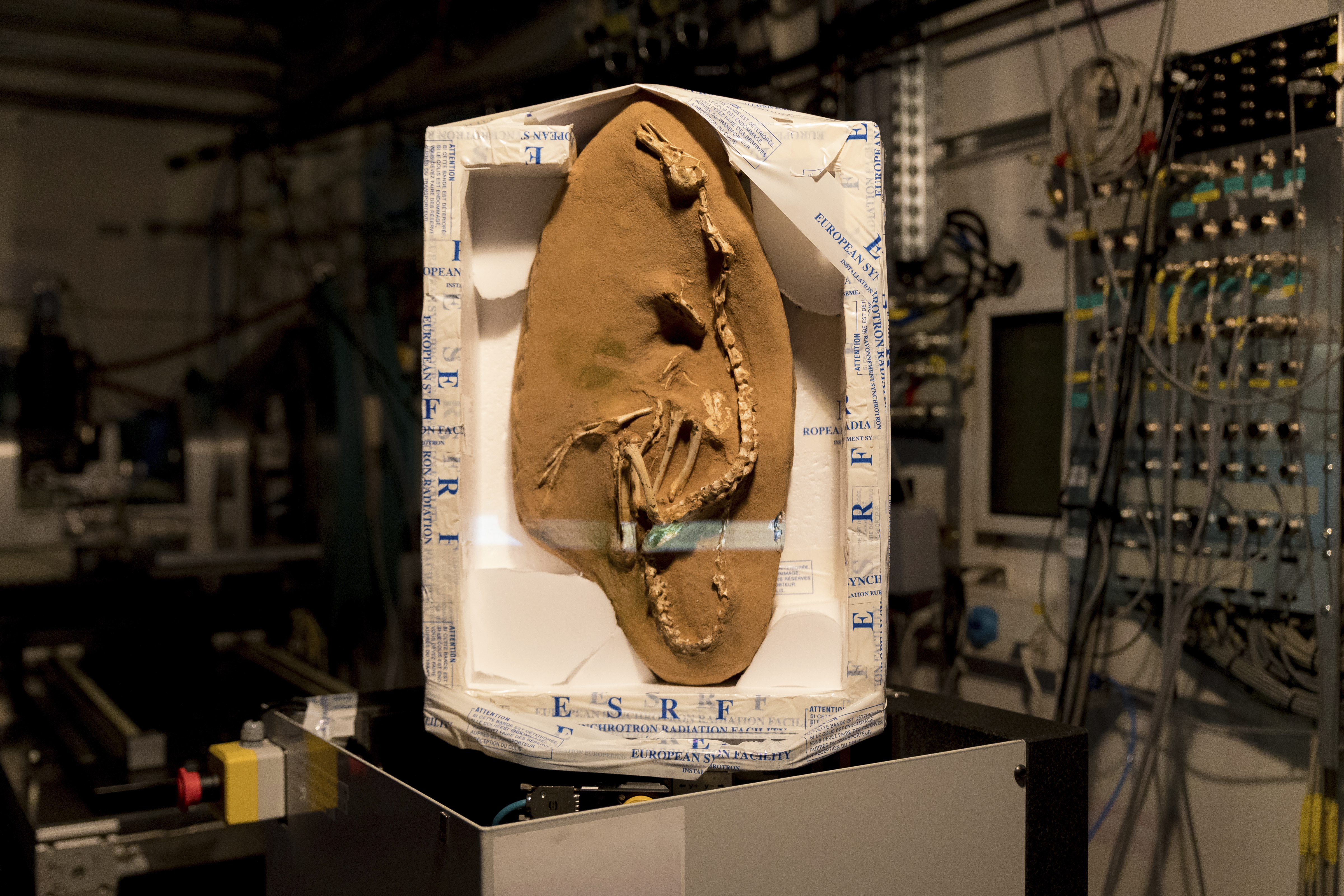
By MARCY GORDON
AP Business Writer
WASHINGTON (AP) — The tax overhaul that took effect Jan. 1 provides generous breaks for corporations and wealthy Americans and more modest relief for middle- and low-income households. In addition, the tax cuts for corporations are permanent; those for individuals and families are only temporary. Richard Phillips is a senior policy analyst at the nonpartisan, liberal-leaning Institute on Taxation and Economic Policy. The following interview was edited for length and clarity.
___
You’ve said the new tax law failed to achieve a minimum goal: To reduce the provisions that are only temporary. The law actually greatly expanded the number of temporary provisions; nearly all the tax cuts for individuals are set to expire in 2026. What does that mean for the ordinary taxpayer?
It’s a problem because taxpayers want to have some certainty when they’re doing their taxes. So each year you want to know that your taxes are going to be roughly the same as they were last year, or if they’ve changed, you know why.
But with this new law, many taxpayers won’t know if a given provision they depend on is there from one year to the next.
___
Some officials have said the Trump administration supports making the individual tax cuts permanent. How do you envision the prospect of that happening in Congress? And what would be the impact on the deficit?
There’s an idea that we can bring permanency to the tax code by making all the provisions permanent. But this is unsustainable. We already have revenues that are way too low to pay for the investments we need. We’re going to have trillion-dollar deficits starting very soon.
I think it’s unlikely that this year there’ll be passage of this in Congress, because the Republicans need at least nine Democrats in the Senate to vote with them to pass it. But if Republicans keep control of the House and extend their control in the Senate in the coming elections, there’s a real chance they could pass a bill without any Democrats’ votes and make all the individual cuts permanent.
___
You’ve criticized the proliferation of “tax extenders” — Congress’ nearly annual tradition of passing short-term extensions of specific tax breaks. You say the real purpose is to hide their true long-term cost to the deficit. What are some examples of “extenders” being driven by special interests?
There’s the tax break for racehorse owners. And the break for live theater, film and television production. This is a bipartisan problem. The live theater tax break is connected with Democratic Senate Minority Leader Chuck Schumer from New York. And the racehorse tax break is associated with Republican Senate Majority Leader Mitch McConnell, who’s from Kentucky.



















